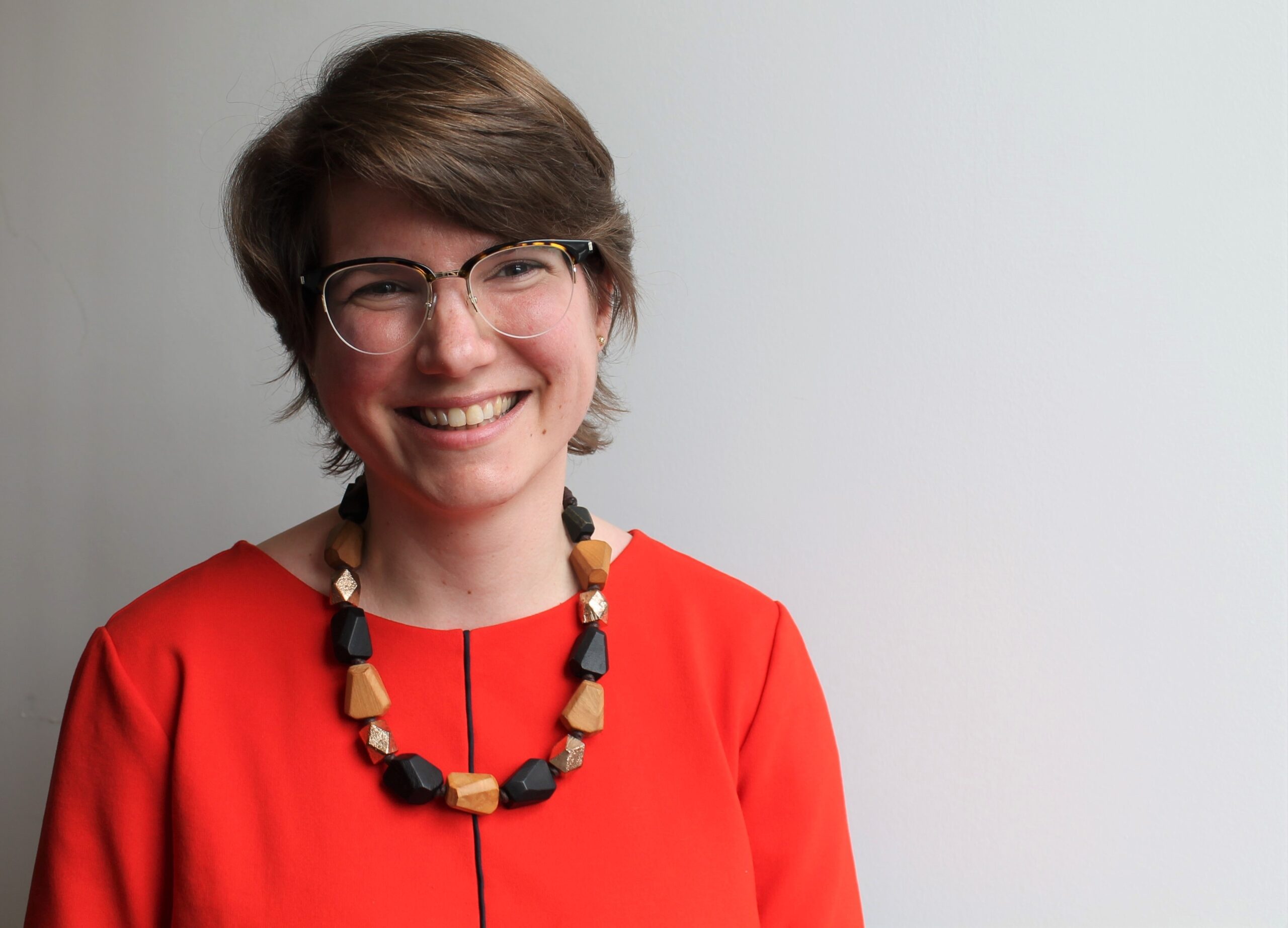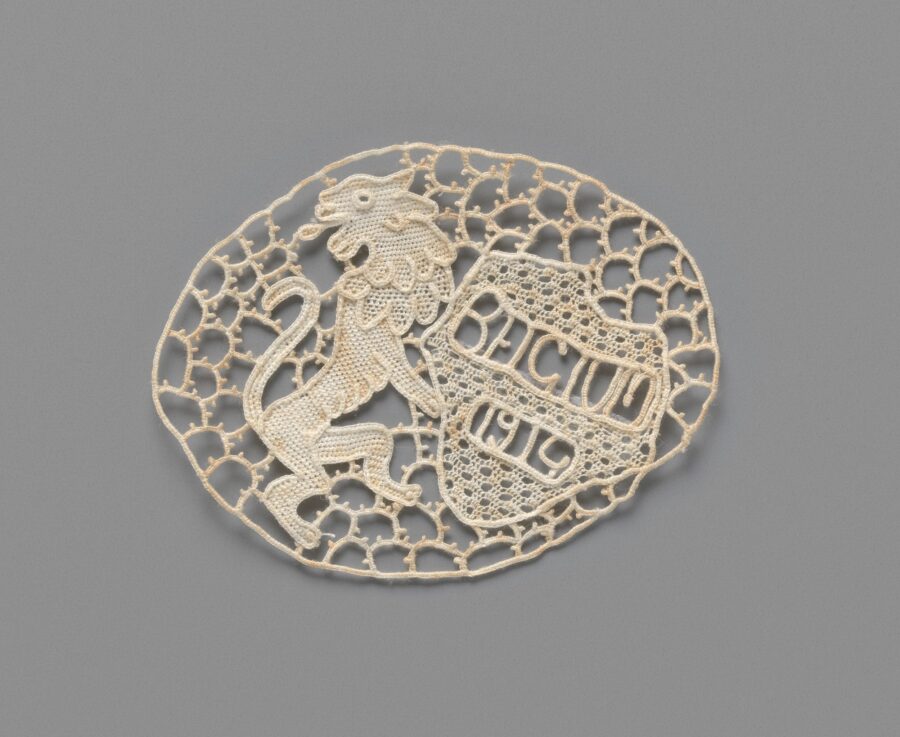Dr Wendy Wiertz, a guest contributor to this site, has been awarded a Marie Skłodowska-Curie fellowship to continue her research on war lace. She’ll be taking her fellowship this autumn at the University of Huddersfield.

Wendy Wiertz (photo Romane Berti)
In her project Re-making the World: Women, Humanitarian Agencies and Handicrafts Programmes, Wendy focuses on humanitarian organisations who supported the renowned Belgian lace industry during the First World War. Lacemaking is an important part of Belgium’s cultural heritage, but the industry was in danger of disappearing forever in the war years: demand for the luxury handmade fabric plummeted, while the supply of materials was interrupted. Thousands of lacemakers faced unemployment. In response, humanitarian organisations developed lace-aid schemes with a twofold goal: saving an imperilled European tradition and ensuring the wartime employment of Belgian lacemakers, often women who supported themselves and their families. The schemes were highly successful, bringing unprecedented publicity to the industry and employing more than 50,000 women in German-occupied Belgium and among Belgian refugees in Holland, France and the UK. The lace they made became known as ‘war lace’, as its unique iconography sometimes referred directly to the conflict.

Anonymous, Motive in needle lace with Belgian lion and the text ‘Belgium 1914’, 1914-1916. Needle lace, 5,5 x 7 cm. Amsterdam, Rijksmuseum, inv. nr. BK-NM-14367-167
Through the example of war lace, Wendy aims to uncover the origins of humanitarian organisations attempts to preserve cultural heritage, while also examining what these programmes did for female emancipation and artistic expression. To achieve this, she will use a combination of archival, collection and practice-led inquiry that will take her to Belgium, the Netherlands, France, the UK and the United States.






1 Pingback